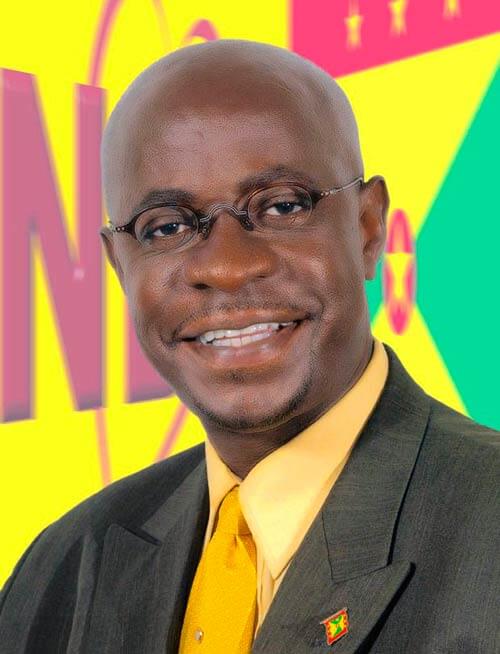On Feb. 7, 2011 Grenada, Carriacou and Petite Martinique will celebrate its 37th Anniversary of Independence from British colonial rule. Each year, around this time we take the opportunity to pay homage to all the pioneers of our independence. Those pioneers include Sir Eric Matthew Gairy, the Father of Independence, as well as all the other freedom fighters that walked before and after him.
We reflect on the struggles, resistance and resiliency of our earlier ancestors from the Caribs and Arawak to Julien Fedon, Joachim Philip, Galway Donovan, T.A. Marryshow and Butler. We also remember the many thousands of uncelebrated men and women who fought and bled for the freedoms we now enjoy. Some may argue that Feb. 7, 1974 was not the birth of our nation; neither as a people nor a geopolitical entity.
Our culture, morals, values and traditions were born and bred out of a history of migration, slavery and exploitation. Thus, Feb. 7 should be a day of deep reflection. This reflection should include the remembrance of our colonial upbringing and how this upbringing impacts us today; it should also prompt us to ask ourselves a variety of other questions. What does it take to build an independent nation? How should/can we participate in its economic, social development and political process? Most significantly, how can we foster and maintain healthy nationhood? How do we pledge allegiance to two and sometimes three nationalities? Where should our allegiance lie? There isn’t a simple or correct answer to these questions, because in this global village, the definition of nationhood increasingly becomes convoluted.
This convolution, however, should never prevent us from attempting a coherent definition of nationhood; nor should it prevent us from identifying those who should be involved in the process. Having this conversation is extremely necessary and useful especially as many of us in the Diaspora want to be included in Grenada’s development. Indeed, Grenada is pleading for our contribution. When more of Grenada’s nationals live abroad, undoubtedly the Diaspora becomes crucial to the nation’s development. It might even be correct to state that, Grenada’s Diasporic population possesses the currency that is as vital to its continued survival as an independent nation-state.
How do we then, as Grenadians in the Diaspora, encourage each other to recognize our responsibility to the further development of a national spirit? As consul general, I strongly believe that this question, above all, should provide us with a platform from which to begin our reflection.
Grenada Consul General Derick James























